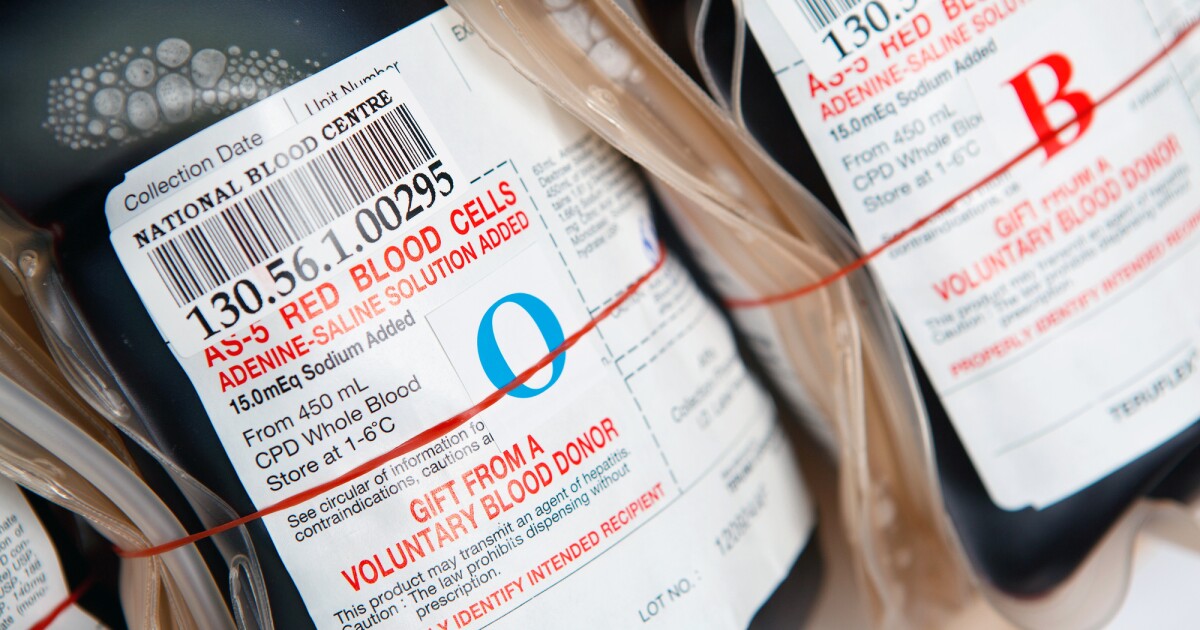- cross-posted to:
- science@lemmy.ml
- upliftingnews@lemmy.world
- cross-posted to:
- science@lemmy.ml
- upliftingnews@lemmy.world
“Researchers at the Technical University of Denmark (DTU) and Lund University, Sweden, have used enzymes produced by a common gut bacteria to remove the A and B antigens from red blood cells, bringing them one step closer to creating universal donor blood.”
producing universal donor blood
But I have universal blood, am I no longer special? 😢
The vampires will still want you for your artisan blood donations.
I guess it will be much easier now for you to receive blood transfusions.
You’re special to me.
So, how bad would it be if some of those enzymes made their way into the blood stream of someone with blood type A, B, or AB?
Think of it like being allergic.
O types are allergic to everything. If they see an A or a B or both, they’ll have a reaction.
A types are allergic to B. They have A riding along on their blood cells. Good times.
Similarly, B types are allergic to A.
AB abides all types.
So if you think of the reverse when donating blood, O types, since they’re allergic to all types don’t have any problems giving their blood since there’s nothing for others to be allergic to. AB types are filthy and full of stuff others are allergic to, so they can only really share amongst themselves.
There’s also +/- as an added complication.
This enzyme sounds pretty good as it’ll just strip the stuff people could be allergic to. Put some AB blood in with the enzyme and you essentially get O blood anyone can use.
I secretly think your question was about a method of assassination. Receiving the antigens alone might not be a problem so much, but usually they’re attached to red blood cells which your immune system will start fighting. Not good to have your body fight your blood.
No-no. I was thinking more along the lines of: What if some of those enzymes for stripping blood cells of antigens got into your bloodstream and started stripping your own blood cells of antigens. If for example a blood donation hadn’t gotten “filtered” well enough after the enzyme process.
I’m not an expert but I think the body would just make more of their type and be fine. The destructive agents would be spent fairly quickly and be removed.
Your body doesn’t have issue with the stripped donor blood so it wouldn’t have any issue if your blood cells got stripped. The whole point of a blood transfusion is that your immune system doesn’t know the difference between your blood and the donor blood.
Probably not very when it comes to blood itself since they would be able to accept blood that’s been exposed to the enzymes from other people. But the enzymes might interact with other things in the body.
It’s changing those blood types into type O universal, so not a whit.
So, is it truly universal; making the blood like O-? Or does the blood still have the Rhesus factor if it is from an rh+ donor? I would want to know this as a person who can only receive O-.
The part where they say it removes A and B bringing them “one step” closer seems to imply other steps still needed, I’m guessing that’s a reference to rh.





